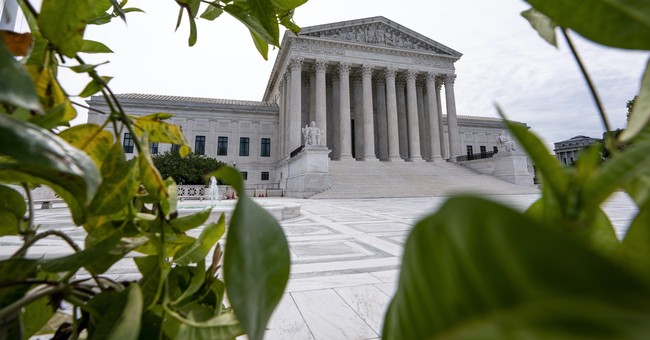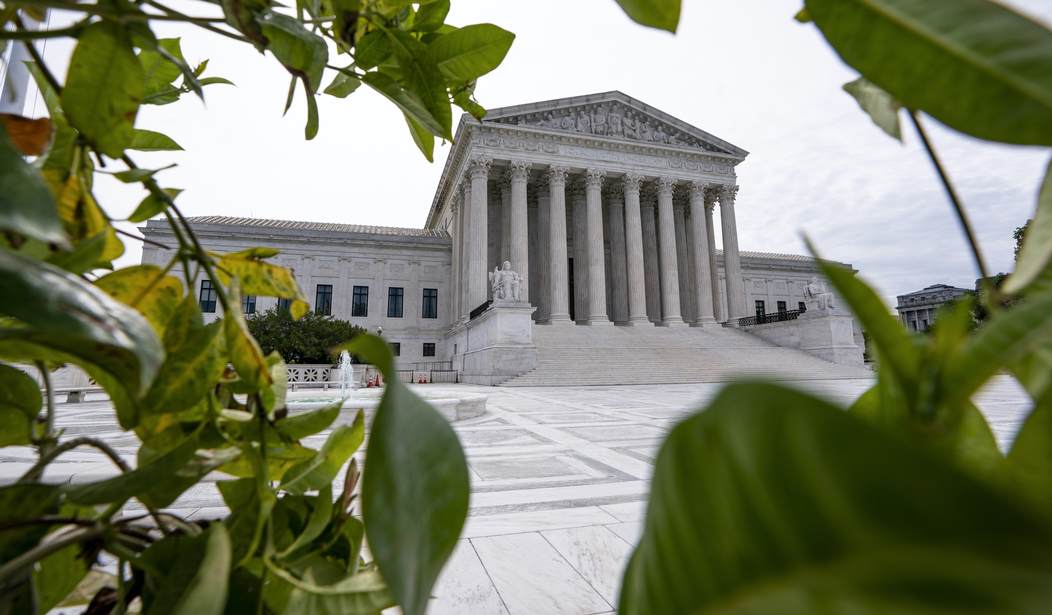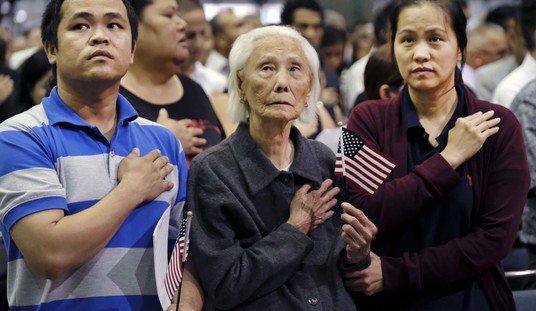
There is an interesting case percolating in federal court in Minnesota. The case has landed with a federal district court judge appointed by Pres. Trump. Yesterday she denied a motion for a preliminary injunction to block the enforcement of a “consent decree” entered into in Minnesota state court that changed Minnesota election law for the November Presidential election.
The background — in abbreviated form since we don’t know what this will amount to yet if anything — is that Minnesota election law has a “Received By” provision for absentee ballots. This year the Minnesota legislature allowed for “excuse free” absentee balloting, meaning all registered Minnesota voters had the option to vote by mail, and need no excuse for wanting to do so.
But the Minnesota statute in question would work to invalidate any vote where the ballot was not in the hands of Minnesota election officials by 8:00 pm on election night. Democrat party operatives filed suit over the “Received by” provision claiming that the COVID-19 pandemic, which caused the Minnesota legislature to allow “no excuse” absentee voting, has created a circumstance where potentially millions of ballots in Minnesota will have to be delivered by the Postal Service to Minnesota election officials, and the risk of voter disenfranchisement tied to the failure by the Post Office to meet the “Received by” 8:00 pm deadline violated voters’ rights under Minnesota and federal law.
The Defendant in the action was the Minnesota Secretary of State — an elected Democrat. He conveniently happened to agree with the Plaintiffs, and they resolved the dispute by entering into a “consent decree”, which is a Court-authorized and enforced settlement agreement of the matter in dispute. In this case, the terms of the “consent decree” were that the Secretary of State would not enforce the “Received by” deadline in the Minnesota statute, and would instead agree to receive and count all ballots received by the Elections officials within seven calendar days of the Nov. 3 election date, and had a postmark showing the ballot was mailed on or before the Nov. 3 election day. The agreement also provided that any ballot lacking a postmark was be presumptively assumed to have been timely mailed unless there was proof by a preponderance of the evidence to the contrary.
The terms of this “consent decree” was challenged in a Minnesota state appeals court by GOP party interests, but it was upheld. An appeal to the Minnesota Supreme Court was eventually dropped.
The new suit filed in federal court was brought by two designated GOP “Presidential Electors” — individuals who had been selected by the Minnesota Republican Party to attend the Electoral College to represent Minnesota in the event that Pres. Trump wins the Minnesota vote on Election day.
Judge Nancy Brasel, a Trump appointee as I noted above, went into some significant detail in describing the steps taken by the Minnesota Secretary of State to fashion a ballot collection process relying on the “Postmark date” change reflected in the “consent decree”, including new instructions on ballot materials, new directives to election officials across the state, and a “public information campaign”. The mailing of absentee ballots and early voting began in mid-September, with the ballot materials all advising voters of the “Postmark deadline” for voting. The Court noted that as of the end of September more than one million Minnesota voters had requested absentee ballots.
She ultimately denied the Plaintiff’s motion for a preliminary injunction on the basis that they lacked “standing” — they could not establish an individual right to bring suit based on any claim unique to them, nor could they articulate a legally cognizable injury they might suffer by the consent decree being allowed to remain. Since “standing” is a jurisdictional necessity, without legal “standing” the Court was without authority to grant them any relief they sought — preliminarily or otherwise.
But in reading between the lines, I think Judge Brasel also sends the message that she is not going to be receptive to a lawsuit to change the already underway Minnesota election process at this late stage. She is respecting — unlike numerous Obama-appointed district court judges — the Supreme Court’s admonition that federal judges not alter state election laws on the eve of an election. Even though the “consent decree” was the original alteration of Minnesota election laws, the fact is that the challenge before her was brought after the voting in Minnesota under the terms of the consent decree had begun, and after the Minnesota Secretary of State prepared and sent out absentee ballots and ballot materials announcing the “Postmark deadline” being used to determine the timeliness of votes cast in 2020. Invalidating the consent decree and having Minnesota election law revert to the statutory text could potentially disenfranchise an untold number of voters who rely on the printed instructions they received with the ballots which state that the ballot only need be placed in the mail on or before Nov. 3.
So, not necessarily the outcome that GOP interests would like to have, but the correct outcome on the law nevertheless.
Given her ruling, I don’t see much likelihood that a new challenge brought by new Plaintiffs who did have standing — though I’m not sure who that might be — would produce a different result in terms of her deciding to upend Minnesota election law with the voting already underway.















Join the conversation as a VIP Member